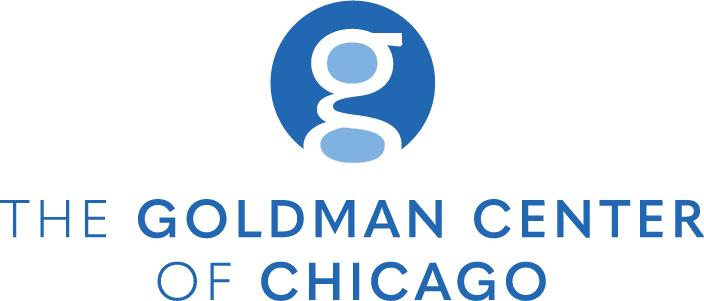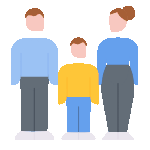What is the Vineland Adaptive Behavior Scales—Third Edition (Vineland-3)?
The Vineland Adaptive Behavior Scales—Third Edition (Vineland-3) is used to assess personal and social skills used by individuals up to 90 years old in daily situations.
What is the Vineland Adaptive Behavior Scales—Third Edition (Vineland-3) used for?
This evaluation is used to assist in the diagnosis of intellectual and developmental disabilities and measure the adaptive behaviors of individuals. The findings of this evaluation provide valuable information for developing educational plans, treatment plans, qualification for special programs, and research.
How is the Vineland Adaptive Behavior Scales—Third Edition (Vineland-3) administered?
The Vineland Adaptive Behavior Scales—Third Edition (Vineland-3) is based on information gathered from a comprehensive interview, parent/caregiver form, and/or teacher form.
Who takes the Vineland Adaptive Behavior Scales—Third Edition (Vineland-3)?
The Vineland Adaptive Behavior Scales—Third Edition (Vineland-3) is used to measure the adaptive behaviors of individuals diagnosed with the following:
- Intellectual and developmental disabilities
- Autism Spectrum Disorders (ASDs)
- Attention-Deficit Hyperactivity Disorder (ADHD)
- Post-traumatic brain injury
- Hearing impairment
- Dementia/Alzheimer’s
What is reported?
The comprehensive interview, parent/caregiver form, and teacher form includes information about a child’s adaptive behaviors, maladaptive behaviors, and compares domain-level strengths and weaknesses.
What are adaptive behaviors?
The adaptive behavior domains include a child’s communication skills, daily living skills, socialization, and motor skills.
What are communication skills?
Communication skills measure how well a child exchanges information with others. These skills include receptive language, expressive language, and written language.
- Receptive Language: Attending, understanding, and responding appropriately to information from others.
- Expressive Language: Using words and sentences verbally.
- Written Language: Reading and writing skills.
What are daily living skills?
The daily living skills domain assesses a child’s performance of everyday tasks of living deemed appropriate for their age. These skills include personal, domestic, and community.
- Personal: Self-sufficiency in eating, dressing, washing, hygiene, and health care.
- Domestic: Ability to perform household tasks such as chores or food preparation.
- Community: Functioning level in the world outside of the home including safety, money, travel, and rights and responsibilities.
What is socialization?
Socialization is a child’s understanding and functioning in social situations. This includes interpersonal relationships, play and leisure, and coping skills.
- Interpersonal Relationships: Responding and relating to others.
- Play and Leisure: Engaging in play and fun activities with others.
- Coping Skills: Behavioral and emotional control in different situations involving others.
What are motor skills?
Motor skills is a child’s use of gross and fine motor skills in daily life.
- Gross Motor Skills: Using arms and legs for movement and coordination.
- Fine Motor Skills: Using hands and fingers to manipulate objects.
What are maladaptive behaviors?
The maladaptive behavior domains include a child’s problem behaviors including internalizing behaviors and externalizing behaviors.
What are internalizing behaviors?
Internalizing behaviors are negative behaviors that are focused inward. This includes emotional reactions to situations like fearfulness, social withdrawal, and concentration problems.
What are externalizing behaviors?
Externalizing behaviors are negative behaviors focused towards others and the environment. This includes behaviors like bullying, physical aggression, and disobeying rules.









